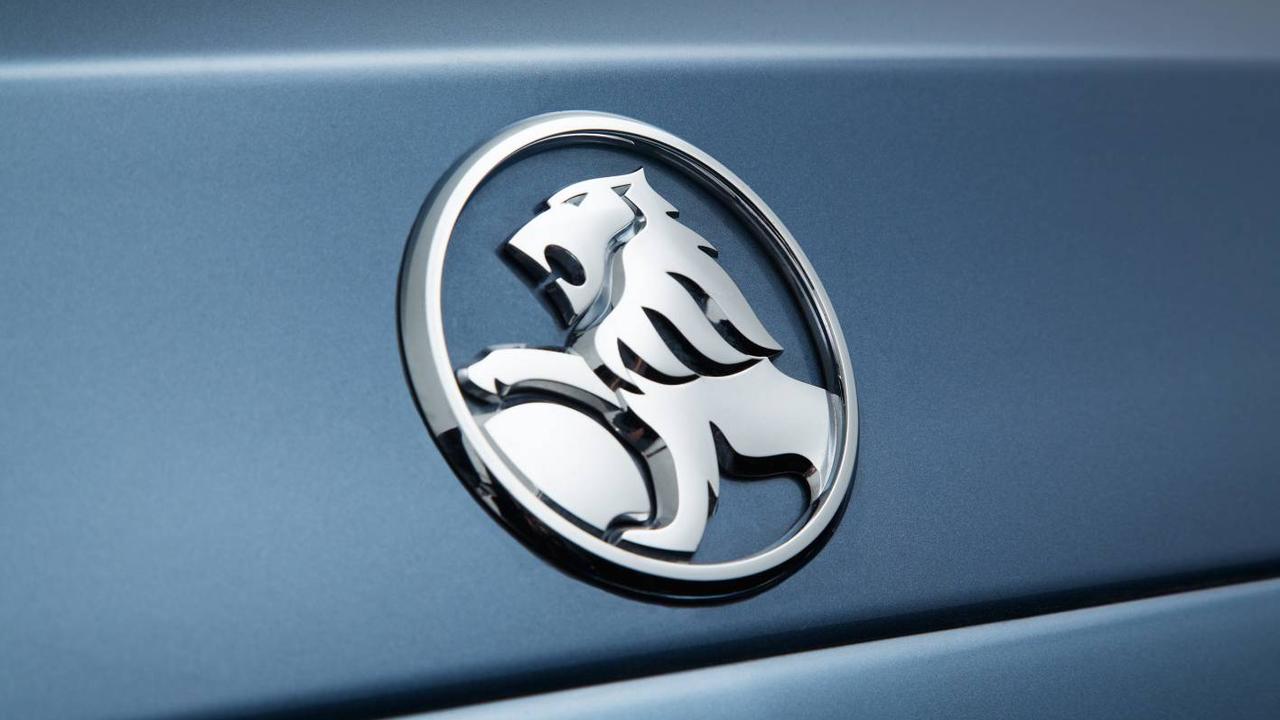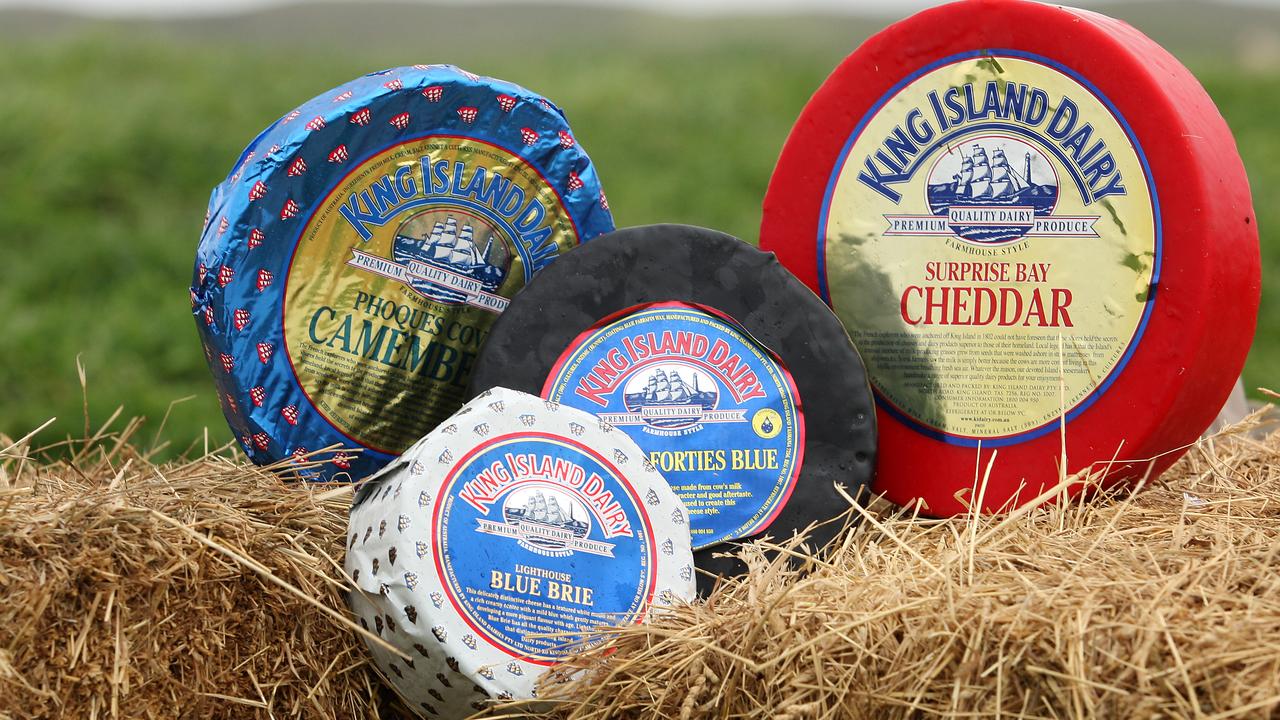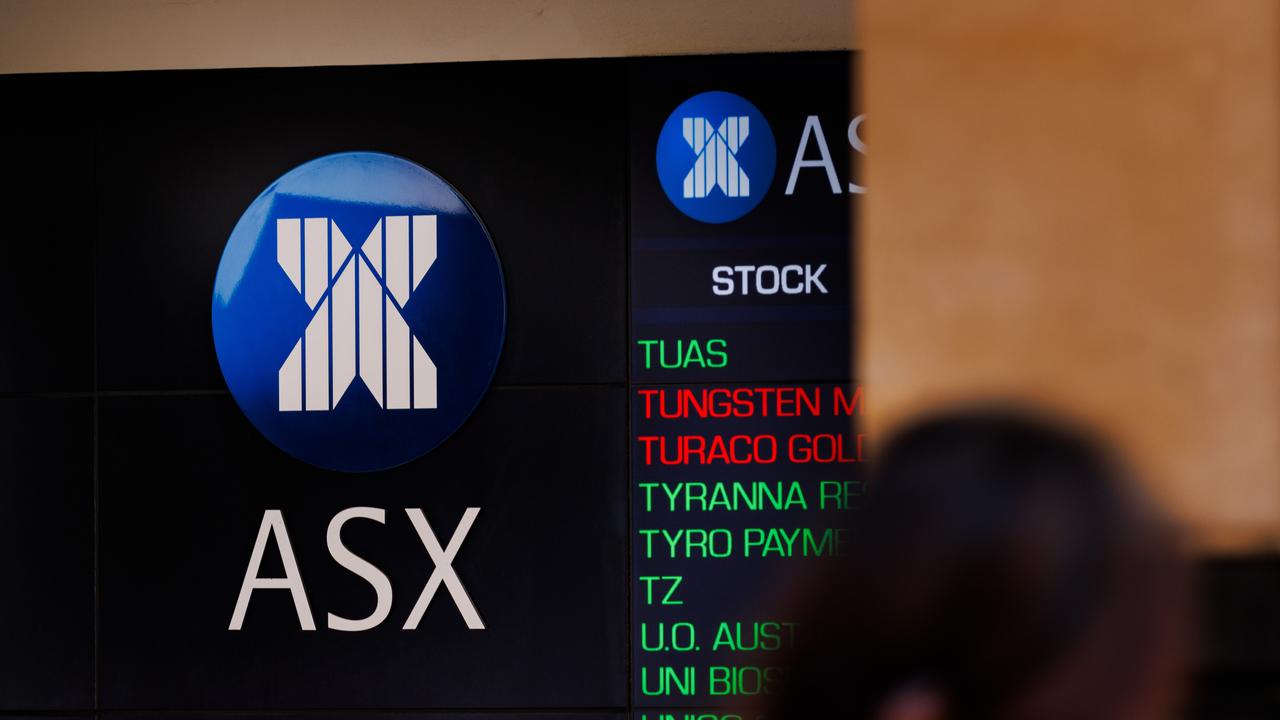Holden's closure will have knock-on effects in a wide range of industries
SO you thought the closure of Holden only mattered for the automotive industry? This is the story that will change your mind.

Winemakers, big miners and the creators of the famed bionic ear are among the companies which will be impacted by the fallout from Holden's Aussie shutdown.
While 45,000 workers in auto component supplies and car manufacturing will see their jobs either lost or under threat, industry experts said the end of local car production will also limit Australia's ability to innovate in emerging and established industries.
Describing automotive manufacturing as the "core spine" of the 921,000 person manufacturing sector, Australian Industry Group NSW and Queensland branch director Mark Goodsell said we will lose unique skills that are vital for future prosperity.
"In a lot of manufacturing companies, even outside the automotive industry, you'll find people who learned their trade in the automotive industry, such as managers, engineers and production planners," he said.
"These people learned how to make things in a factory, how to plan and arrange. They know how factories work.
"The peak of manufacturing activity has been seen in the past 80 years is making cars. There is a lot of people in the food industry who learned their trade in automotive.
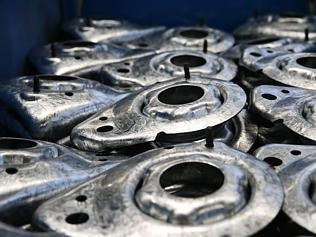
"The people who run the factories for ResMed and Cochlear come out of the automotive industry.
"Even in healthcare you will find a lot of people in those new wave factories in healthcare and in food came out of automotive."
Sydney-based Cochlear, which manufactures hearing devices locally, has been crowned one of the world's most innovative biotechnology companies.
Founded in Australia, ResMed manufactures mainly sleep disorder medical devices.
Grant Tinney, 51, is living proof of the almost irreplaceable value of automotive industry manufacturing skills.
The Adelaide-based chairman of the Precise Advanced Manufacturing Group started off as a 15-year-old apprentice in 1977 in a small business that was 90 per cent reliant on local automotive manufacturing.
He now heads a team that manufactures corrective eye surgery parts, high-end automation equipment and other machinery.
"My background is automotive manufacturing and that skills set in project management and engineering were fully transferable into the other industries," he said.
"For many decades the automotive industry has been the backbone of the development of engineers and supply industries for the entire manufacturing sector.
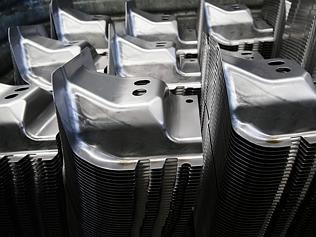
"There isn't one manufacturing area today that hasn't benefited from the manufacturing industry in terms of training.
"We are going to lose a large engine for training which is not realised yet.".
The challenge for governments and the whole manufacturing industry is to find the next big customer - like Holden, Ford and Toyota have been - who will demand high quality products on a large scale.
This will turbo charge component manufacturers, creating jobs and helping innovation in other industries like defence, aerospace and medical devices.
In NSW, John Harrington's Padstow-based manufacturing company Harrington Industries will lose 25 per cent of its business when Holden ceases domestic production in 2017.
The company, which employs 77 people, supplies metal assemblies and under carriage components to the South Australian and Victorian operations.
He said there will most likely be job losses through natural attrition over the next few years.
Harrington Industries also supplies parts to medical devices company ResMed. He said being a Holden supplier gave other businesses like ResMed more confidence to purchase products from them.
###

